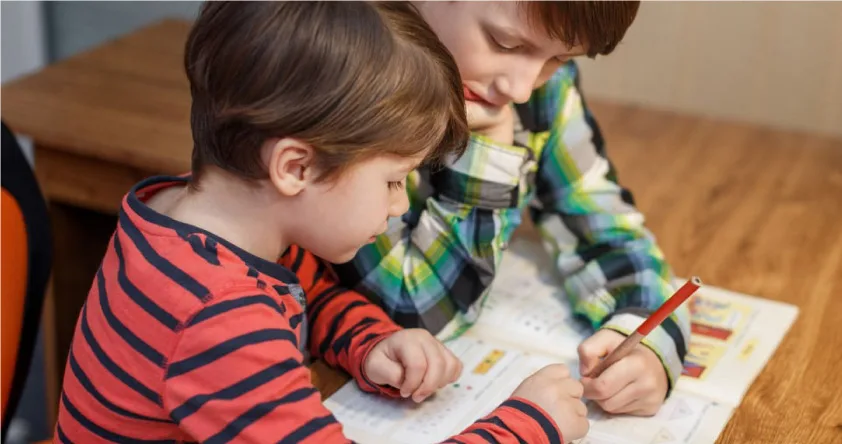Contexto puzzles, a popular word game, have gained traction not only for entertainment but also as valuable educational tools. By integrating these puzzles into learning environments, educators can enhance students’ cognitive abilities, vocabulary, and critical thinking skills.
Understanding Contexto Puzzles
Contexto puzzles challenge players to guess a secret word based on contextual clues. Unlike traditional word games that focus on letter placement, Contexto emphasizes understanding word relationships and meanings. This approach encourages players to think deeply about language and its nuances.
Benefits of Using Contexto Puzzles in Education
- Enhancing Vocabulary and Language SkillsEngaging with Contexto puzzles exposes students to a wide range of words and their meanings. This exposure helps in expanding vocabulary and improving language comprehension.
- Developing Critical Thinking and Problem-Solving AbilitiesSolving these puzzles requires analytical thinking and pattern recognition. Students learn to approach problems methodically, enhancing their problem-solving skills.
- Promoting Cognitive DevelopmentRegular engagement with Contexto puzzles stimulates brain function, improving memory and cognitive flexibility. This mental exercise is beneficial for learners of all ages.
Implementing Contexto Puzzles in the Classroom
- Daily Warm-Up ActivitiesStart classes with a Contexto puzzle to activate students’ minds and prepare them for the day’s lessons.
- Group Collaboration ExercisesEncourage students to work in groups to solve puzzles, fostering teamwork and communication skills.
- Homework AssignmentsAssign puzzles as homework to reinforce learning and encourage independent problem-solving.
Read more about : https://contextoanswertoday.com/
Adapting Contexto Puzzles for Different Subjects
- Language ArtsUse puzzles to teach synonyms, antonyms, and contextual usage of words, enhancing language proficiency.
- HistoryCreate puzzles with historical terms and figures to make learning history more engaging and interactive.
- ScienceIncorporate scientific terminology into puzzles to help students familiarize themselves with complex concepts.
Tips for Educators
- Customize Puzzles to Curriculum NeedsTailor puzzles to align with the current topics being taught, ensuring relevance and reinforcing learning objectives.
- Encourage Student-Created PuzzlesHave students design their own puzzles, promoting creativity and a deeper understanding of the subject matter.
- Utilize TechnologyLeverage online platforms and apps that offer Contexto puzzles to provide interactive and engaging learning experiences.
Conclusion
Integrating Contexto puzzles into educational settings offers a dynamic approach to learning. By enhancing vocabulary, critical thinking, and cognitive skills, these puzzles serve as effective tools for educators aiming to enrich their teaching methods. Additionally, their implementation can inspire discussions on diverse topics, such as the impact on Women’s Roles in Ministry, promoting critical thinking about social and historical contexts. Embracing such innovative strategies can lead to more engaging and effective educational experiences for students.







